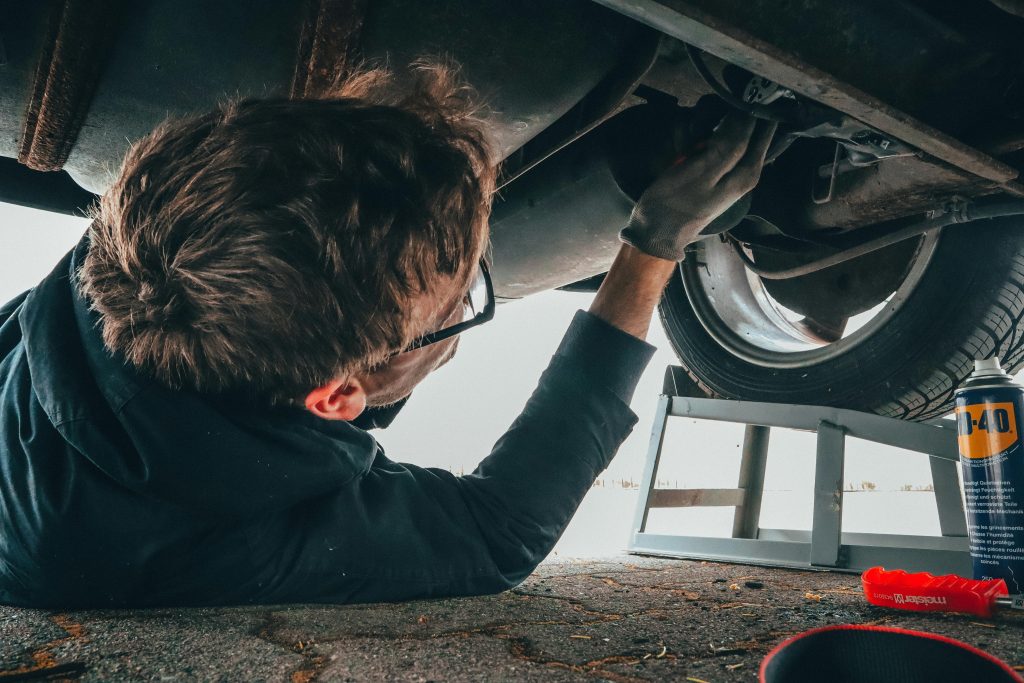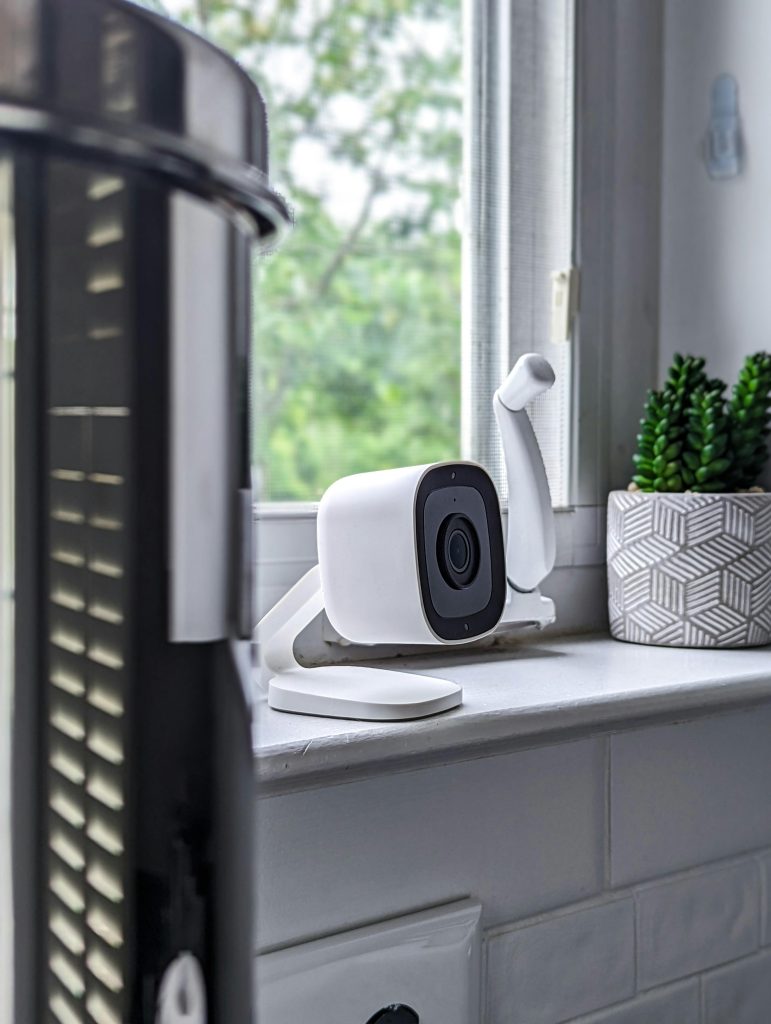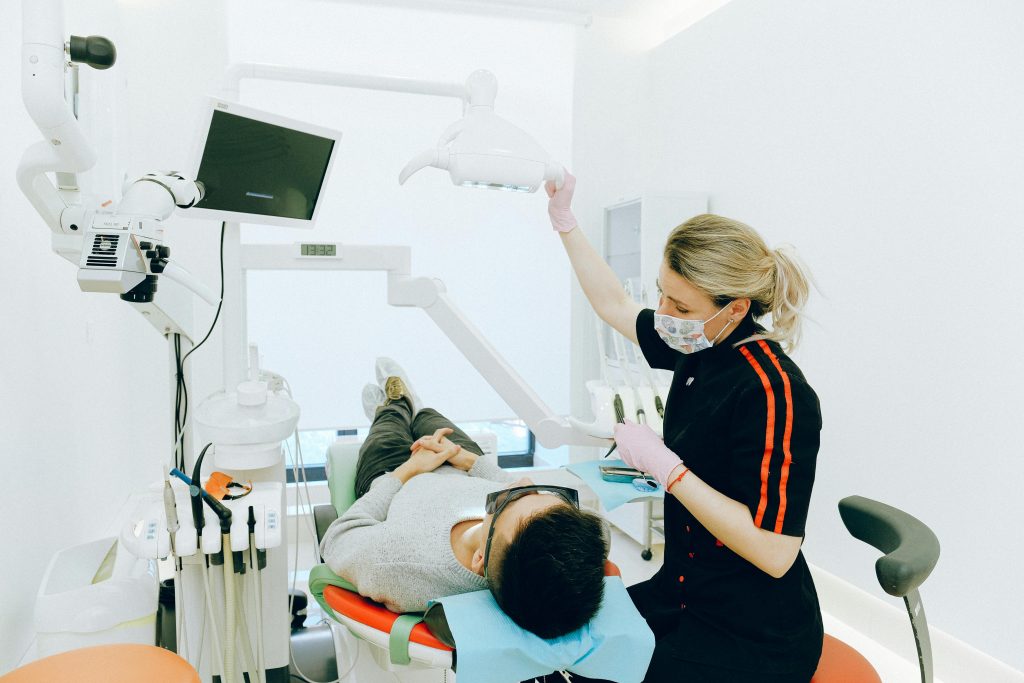
If you have bad credit and are looking for cheap insurance, it’s still possible to get a good rate. According to The Zebra’s customer auto insurance data, drivers with scores between 300 and 579 pay around $126 more per month than those with very good credit scores between 740 and 799. According to Bankrate, the same is true for home insurance. People with bad credit pay 93% more than those with excellent credit. This is due to the fact that insurance companies consider a lower credit score a higher risk factor, meaning that people with a lower score are typically more expensive to insure. Don’t overpay for your insurance. Follow these 10 tips to get the best insurance possible.
1. Shop Around
When you get quotes from insurance companies, they pull a soft credit inquiry. This means that getting multiple quotes won’t affect your credit score. Don’t settle for an expensive plan. Instead, see what’s available in your area.
2. Choose The Right Company

Choosing the right insurance company is the best way to save money if you have bad credit. You should look for a telematics-based company that tracks your driving habits, mileage, and records to determine your rate. Several companies are better for individuals with bad credit including Geico, Nationwide, and USAA. This may vary based on your location, age, and driving record though. Companies like First Acceptance Auto Insurance or Dairyland are best for drivers who have tickets or accidents.
3. Look for Discounts
If bad credit is driving up the cost of your premium, you can look for discounts in other ways. For auto insurance, many companies offer a safe driver discount. You also can bundle your home and auto insurance for a discount.
4. Be Careful with Claims

Don’t file a claim for your insurance unless the damages are more than the insurance rate increase you will get in return. Make sure to get a quote for repairs and then do the math. Sometimes you save money by paying out-of-pocket.
5. Exceptions to The Rule
Some states don’t allow insurance companies to do credit checks. If you live in California, Hawaii, Michigan, Nevada, Oregon, Utah, or Massachusetts, your credit score won’t affect your insurance premiums. This may be expanded in the future since lawmakers in many states don’t believe that insurance should be tied to credit scores. Doing so disproportionally harms consumers.
6. Improve Other Risk Factors

For home insurance, you can get additional discounts for installing safety measures like smoke alarms and security systems. For auto insurance, if you have a new driver on your plan or someone with a history of accidents or tickets your policy will be more expensive. Improving your other risk factors will help you get a better rate.
7. Improve Your Credit Score
This may go without saying, but improving your credit score can help you get cheaper insurance. Focus on making on-time payments, utilizing less of your available credit, and avoiding hard credit checks to boost your score. Also, take a look at your credit report for any errors that might be bringing your score down. While a score increase won’t happen overnight, positive actions will help your score increase over time.
8. Reevaluate After a Period of Time
Most insurance companies will offer loyalty discounts after a certain amount of time with no claims. Check in with your insurance company before renewing your policy to see if you qualify. Even if you pay more for insurance within the first year, subsequent years may be cheaper.
9. Check What’s Covered
When you’re shopping for insurance, see what the plans offered actually cover. There are some things you may not need. Of course, if your car or home is financed insurance coverage may be dictated by your lender. If not, you could save money by reducing or eliminating some unnecessary coverage.
10. Choose How You Pay
There are usually small discounts for electronic billing and autopay. Additionally, most companies will offer a discount if you pay for your annual premium upfront. While these savings might be small, they can help you save on insurance costs even with bad credit.
Finding Good Insurance with Bad Credit
You can still find good insurance with bad credit. While you may pay a bit more for your policy, by using these 10 tips you can still get an affordable rate. Don’t settle for the first quote that you get and make sure that you take advantage of all the discounts available to you.
Read More
- Is Dental Insurance Worth It? The Surprising Truth You Need to Hear Before Your Next Dentist Visit
- 7 Unbelievable Yet True Cases of Identity Theft

Teri Monroe started her career in communications working for local government and nonprofits. Today, she is a freelance finance and lifestyle writer and small business owner. In her spare time, she loves golfing with her husband, taking her dog Milo on long walks, and playing pickleball with friends.






